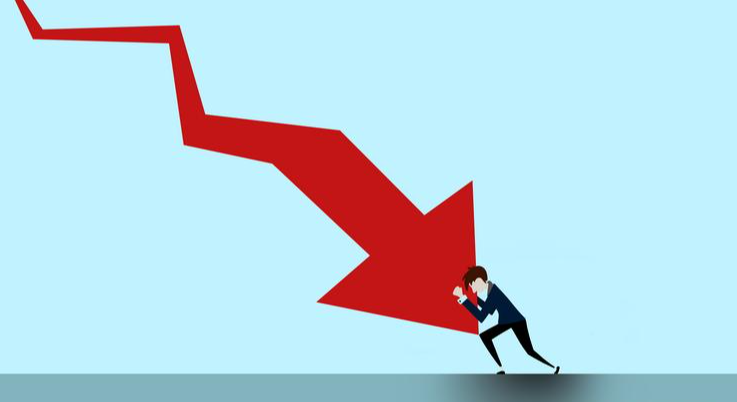
Surveys show soaring U.S. economic pessimism
New York, April 25 (RHC)-- Two recently published polls have revealed that the rising cost of living is causing financial strain for most Americans -- especially people with lower incomes -- and that pessimism about the state and future of the country's economy is pervasive and spreading.
A Wall Street Journal/NORC Center for Public Affairs Research poll found that 80% of 1,019 respondents said the nation's economy is in "poor" or "not so good" condition. Asked about the future of the economy, 47% of those polled said they believe it will be worse in a year, while just 15% said they think it improve. Thirty-eight percent of respondents said the economy will be in about the same shape a year from now.
The pessimistic economic outlook can be summed up in one survey question: Asked if they felt confident that life for their children's generation "will be better than it has been for us," only 21% of respondents answered affirmatively.
The Hillnoted that 42% of people who took a similar survey in 2001 said they didn't think their children would enjoy better lives than theirs. Now, that figure has soared to 78%.
Other survey findings include: 92% said that rising costs of living is creating some degree of financial strain in their lives, or will cause problems if prices keep rising; 52% said it would be difficult to find a job with another employer with approximately the same income and fringe benefits they have now; 56% said a four-year undergraduate degree isn't worth the cost because people often graduate without specific job skills and with a large amount of debt; and 44% said their personal finances are in worse shape than they imagined for themselves at this stage of life. And despite the respondents' economic pessimism, 68% of people polled said they were "pretty happy" or "very happy" in life.
The Associated Pressand NORC -- the University of Chicago's research arm -- published a separate poll that found "about half of U.S. adults in households earning less than $60,000 annually and about 4 in 10 of those in households earning $60,000 to $100,000 say they're very stressed by their personal finances."
According to the AP: About three-quarters of adults across income groups say their household expenses are higher now than they were a year ago, but those in households earning less than $100,000 a year are more likely than those in higher-income households to say they also have higher debt. Those facing a combination of rising debt and expenses overwhelmingly say their financial situation is a major source of stress.
One 76-year-old woman interviewed by the APsaid that "there's no comfort zone in their finances—no vacation" for people like her, who are " just getting by." "Medications are expensive. Groceries. No one's living large or having fun," she added. "They should be having fun."
A 28-year-old single mother who works at an Alabama Walmart told the AP: "I used to do three grocery trips a month. Now it's one-and-a-half at the most." "We're just gonna have to cut back on a lot of things," she added.

